


The Alabama Wildlife Federation created the Habitat Learning Lab Program (formerly known as the Alabama Outdoor Classroom Program) to help K-12 schools develop sustainable schoolyard wildlife habitats and outdoor learning stations that teachers can use effectively as an educational tool to provide meaningful hands-on activities for their students. Learn more about our program below:
Educational Benefits of a Habitat Lab | Benefits of the Program | Frequently Asked Questions | Example Habitat Labs | Newsletter | Contact Us | Our Partners
A Habitat Lab is a dedicated space on a school’s campus where habitat is developed for backyard wildlife to provide real-world learning opportunities for students to study Alabama’s rich biodiversity and natural resources.
The Habitat Lab is organized into “outdoor learning stations” that provide the habitat (food, water, shelter and places to raise young) that wildlife need to survive, and it includes outdoor learning stations developed around specific ecological topics such as agriculture, decomposition & weather.
Educators use the Habitat Lab as an “outdoor classroom” and “living laboratory” to teach the Alabama Department of Education’s Standards for science, math, reading and language arts while their students collect their observations and data as they participate in engaging, inquiry-based activities.
To learn more about what a Habitat Lab is, the purpose of the different types of outdoor learning stations, and the benefits of using your Habitat Lab as an “outdoor classroom” and “living laboratory” for your students…watch this quick 5-minute video:
The Alabama Wildlife Federation’s Habitat Learning Lab Program provides technical assistance and support for schools’ faculties to help them develop a schoolyard wildlife habitat that can be effectively used an “outdoor classroom” and “living laboratory” for hands-on, inquiry-based activities AND to help them establish a maintenance plan to sustain their outdoor learning stations from year to year.
If a school is interested in developing a Habitat Lab through the AWF’s Habitat Learning Lab Program, you can join the Habitat Learning Lab program for a one-time $100 “membership fee” to receive:
To continue receiving your Habitat Lab Membership Benefits each year, schools must fill out the FREE annual renewal membership form each school year to provide updated contact info and details about how you use your Habitat Lab as an educational tool with your students.
Learn about the resources the Habitat Learning Lab Program provides to help schools develop, use and maintain their Habitat Labs as living laboratories for years to come…watch this quick 5-minute video:
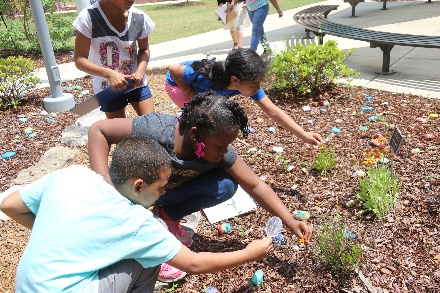
The Alabama Wildlife Federation’s Habitat Learning Lab Program (formerly the AWF’s Alabama Outdoor Classroom Program) provides technical assistance and support for schools to help them develop a schoolyard wildlife habitat that can be effectively used an “outdoor classroom” and “living laboratory” for hands-on, inquiry-based activities AND to help them establish a maintenance plan to sustain their outdoor learning stations from year to year.
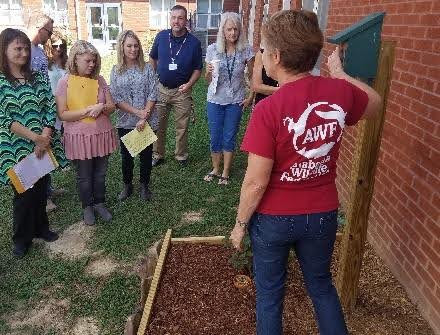
The Alabama Wildlife Federation provides technical support for public and private K-12 schools across Alabama through our Habitat Learning Lab Program.
Schools formerly enrolled in the Alabama Outdoor Classroom Program will be automatically enrolled in the Habitat Learning Lab Program for one year.
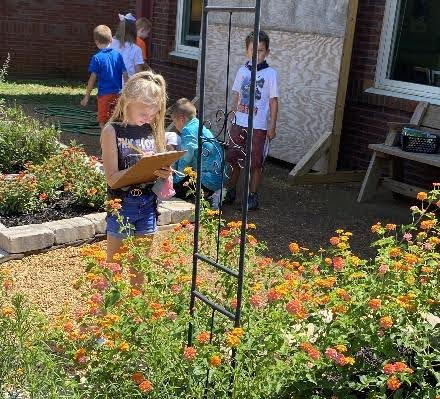
A Habitat Lab is a dedicated space on a school’s campus where habitat is developed for backyard wildlife to provide real-world learning opportunities for students to study Alabama’s rich biodiversity and natural resources.
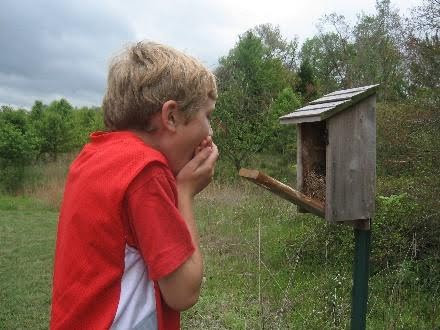
The Habitat Lab is organized into “outdoor learning stations” that provide the habitat (food, water, shelter and places to raise young) that wildlife need to survive, and it includes outdoor learning stations developed around specific ecological topics such as agriculture, decomposition & weather.
All AWF Habitat Labs developed through our program must include a sensory garden, butterfly garden, pollinator garden, frog & toad habitat, songbird habitat, log decomposition station, weather station and cardinal directions sign. Additional outdoor learning stations to be included are determined by the school’s faculty survey and Habitat Lab Team (planning committee).
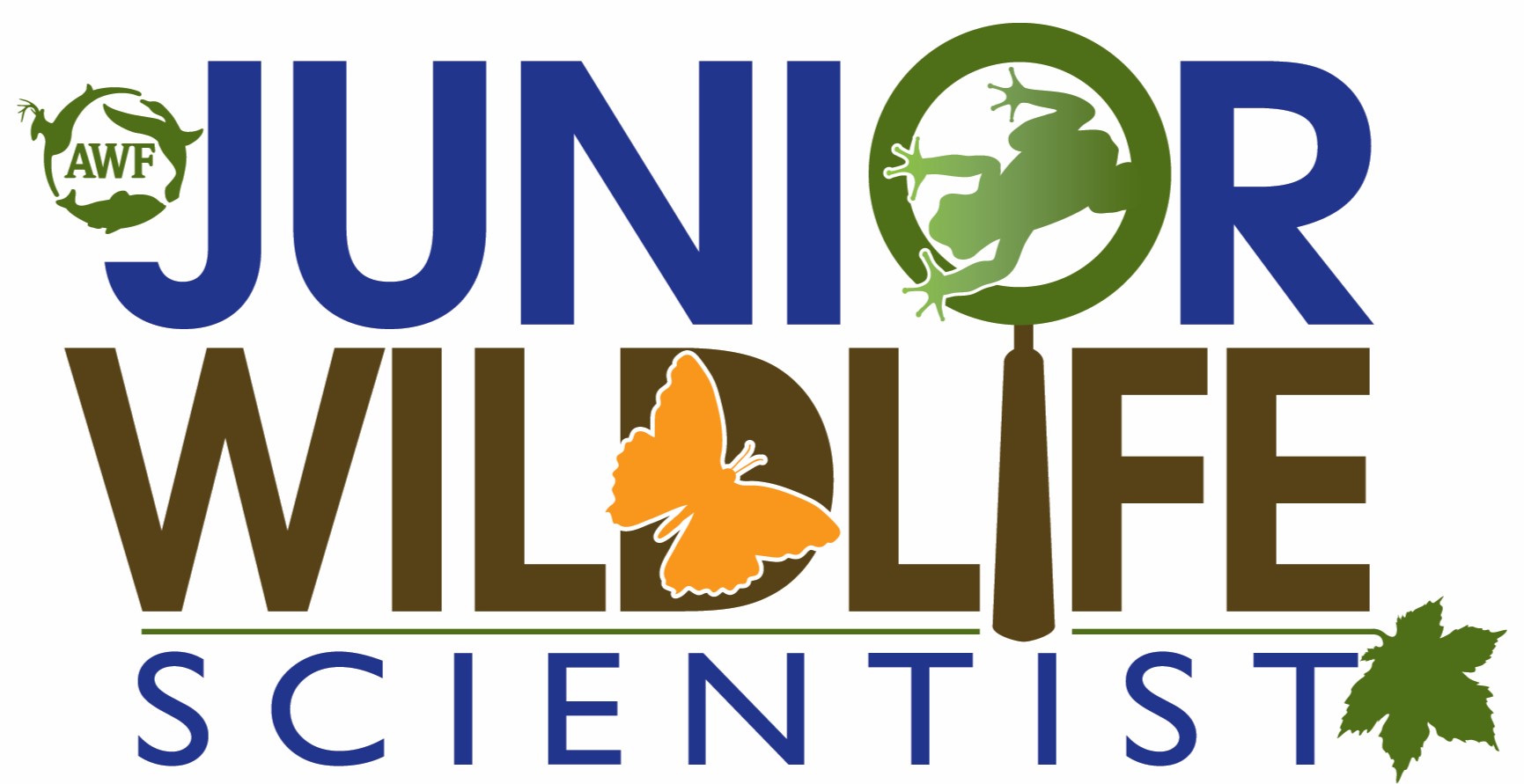
The Alabama Wildlife Federation created the Junior Wildlife Scientist Program to make it easier for teachers to use their Habitat Labs to help teach the Alabama Department of Education’s Course of Study Standards while integrating STEAM with English-Language Arts. Each student receives a Nature Notebook full of inquiry-based activities that teachers can use in conjunction with the outdoor learning stations in their Habitat Labs. Students will earn two new merit badges and a new Junior Wildlife Scientist certificate each school year as they complete the Junior Wildlife Scientist Nature Notebook activities.
The Alabama Wildlife Federation provides free Field Investigation Activities and educational resources on our website that help teach the Alabama Department of Education’s science, math and language arts standards as students record their observations and data in the Habitat Lab and then discuss their observations/data with their teachers.
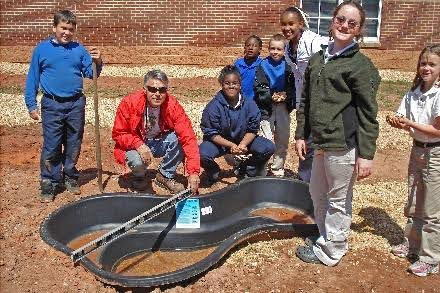
We suggest that you develop your Habitat Lab in phases, taking anywhere from two to five years to complete all phases and projects. This allows student involvement from the inception as your Habitat Lab grows and changes from year to year. The most sustainable and effective projects are those that are developed slowly and methodically following a master plan, taking advantage of the teaching opportunities every step of the way.
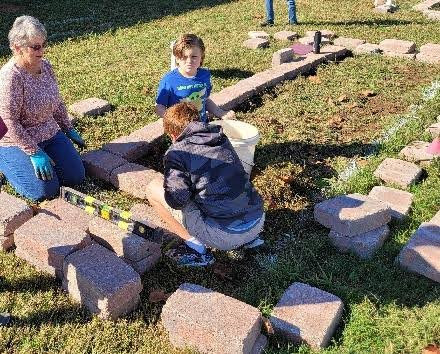
A Habitat Lab project offers a wonderful opportunity for the school and surrounding community to work together to enrich the educational opportunities for the students in their community. Your local AWF Habitat Lab Specialist can help your school’s planning committee organize a Habitat Lab Build Day* when parents and community volunteers work side-by-side with the school to help build the various outdoor learning stations and plant native plants in the new habitat.
*You must complete Steps 1-6 AND have an Active Membership in our Habitat Learning Lab program for at least six (6) months before we can assist you with the construction phase (Step 7) and add you to our official Habitat Lab Build Days Calendar.
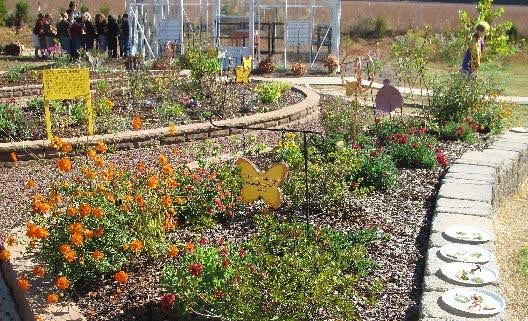
The average cost to develop a Habitat Lab with the core outdoor learning stations needed to teach the Alabama Department of Education’s Course of Study Standards ranges from $8,000 to $12,000. This does not include large items like pavilions or gazebos. The cost of your Habitat Lab can be offset by fundraisers, grants, discounts on materials, and/or donations of plants and materials. For more details, review the materials budgets for common Outdoor Learning Stations
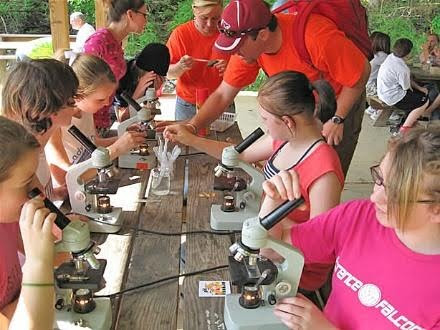
Follow the Development Steps below and utilize the suggestions, checklists and resources in your Habitat Learning Lab Planning Guide and on the Alabama Wildlife Federation’s website:
Step 1: Collect & Share Information
Step 2: Organize Planning Committee
Step 3: Enroll in Habitat Lab Program
Step 4: Evaluate your Campus
Step 5: Develop Master Plan
Step 6: Obtain Funding & Support
Step 7: Construct the Habitat Lab
Step 8: Integrate the Habitat Lab into your Curriculum
Step 9: Establish a Maintenance Plan
Step 10: Certify your Habitat Lab
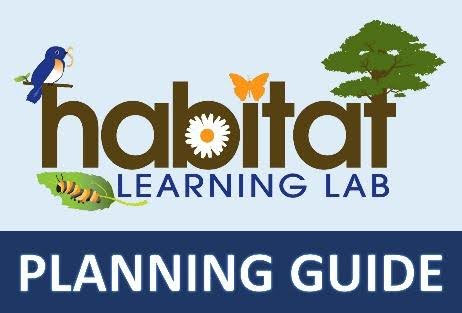
The Habitat Learning Lab Planning Guide provides valuable information about how to get started, form a planning committee, evaluate your campus, create a master plan, write grants, construct outdoor learning stations, develop a long-term maintenance plan, and use your Habitat Lab as an effective teaching tool.
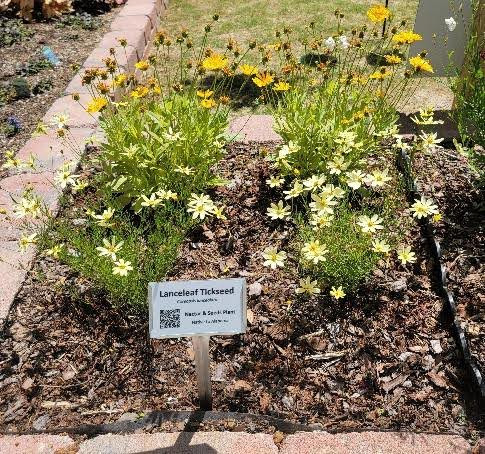
|
|
|
|
|
|
|
|
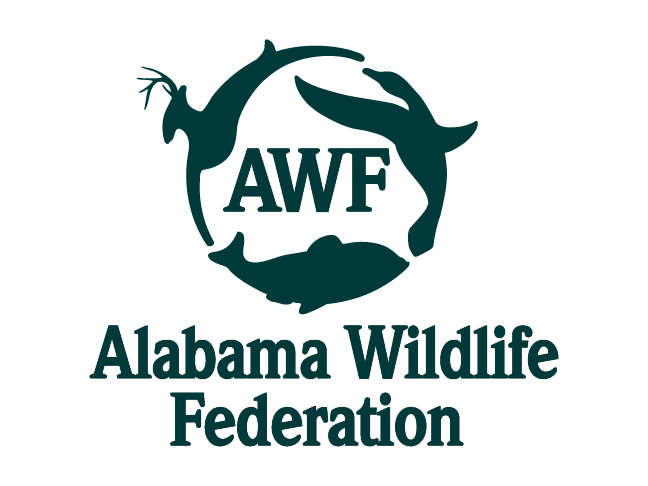
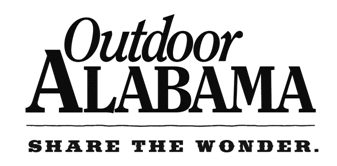
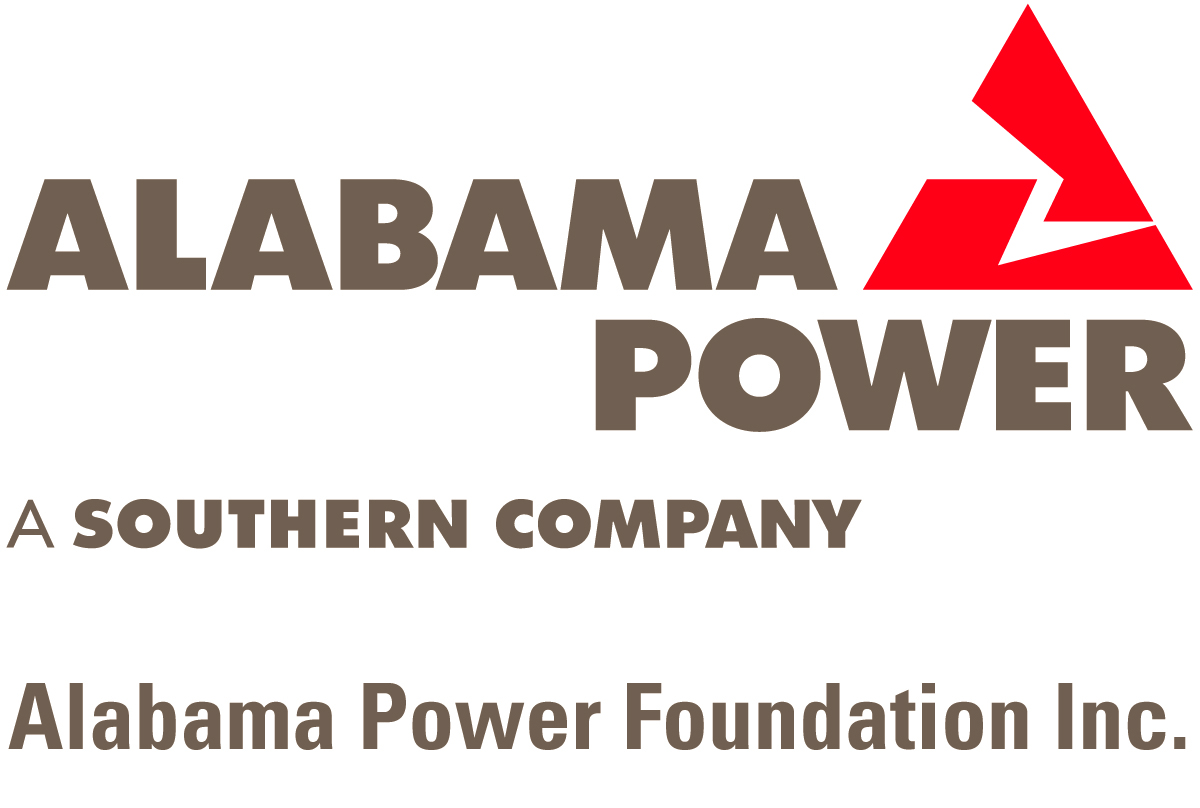
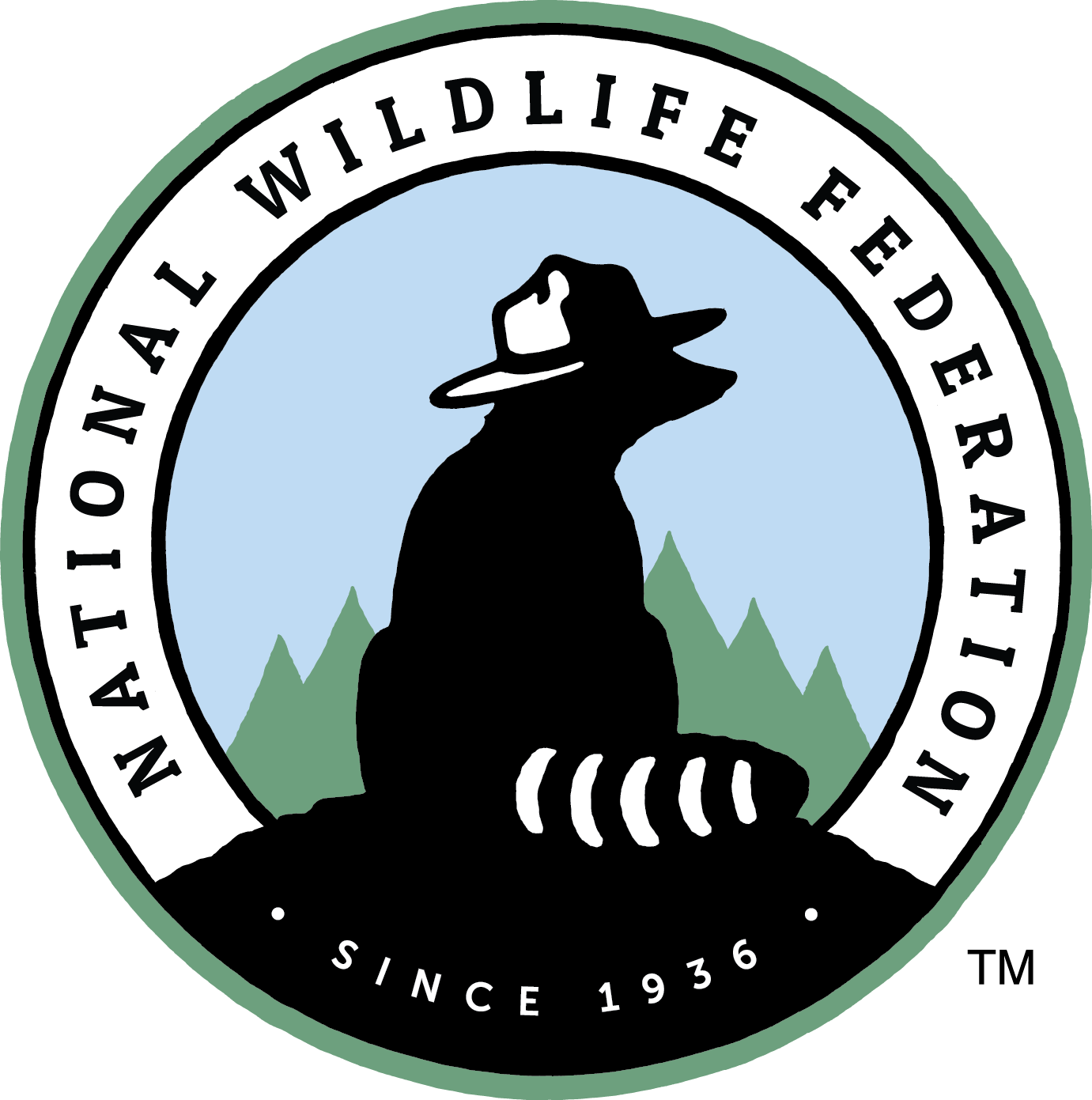

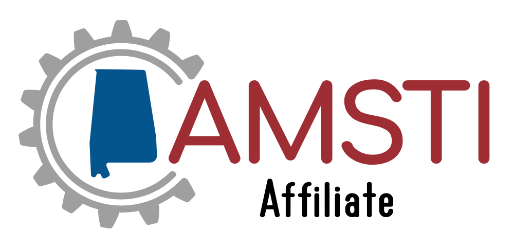

Altec/Styslinger Foundation
Central Alabama Community Foundation
City of Millbrook
Comer Foundation
Curtis and Edith Munson Foundation
Curtis Finlay Foundation
The Daniel Foundation of Alabama
Gordy Mead Britton Foundation
The Hobbs Foundation
Hyundai
International Paper Foundation
John and Joyce Caddell Foundation
Regions
U.S. Forest Service
Vulcan Materials Company Foundation
Walmart
Website Design and Digital Marketing by